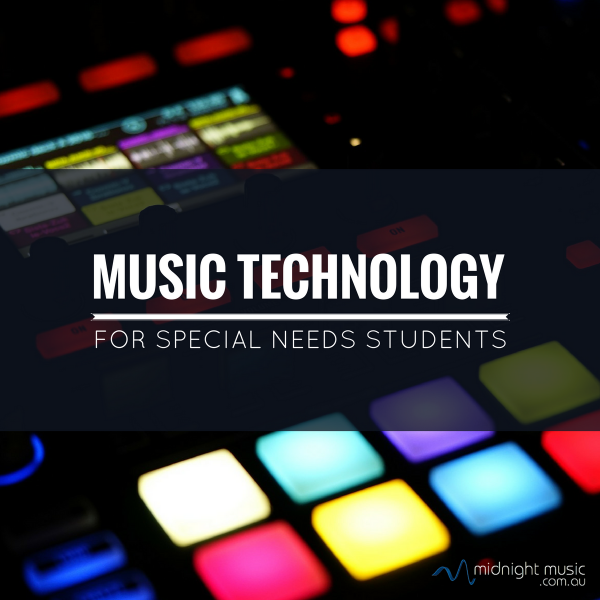
Music, Sound And Audio Technology Courses
Music And Audio Technology Courses
Courses in music technology transfer one's knowledge of technology to the art of making and listening to music. Music technology majors at colleges and universities across the United States immerse themselves in research, seminars, and classes exploring the art and science of music. There they are exposed to a wide variety of music forms - classical, rock, jazz, hip hop, new age, and traditional - along with the technology used to make all those genres happen. Music technology majors engage in hands-on learning of computer programs, sound equipment, microphones, headphones, amplifiers, cables, and other pieces of electronic equipment.
College students in the music technology course take two semesters: One, they read theory, prepare a thesis, and complete requirements for graduation. Two, they learn technical skills and practice studio work. The final semester covers the application of the knowledge learned during the previous semesters. Students then graduate with an associate's degree or certificate in audio engineering from a college or university. Some schools also require that students complete an internship as well.
Students now can work in this specialized field as audio technicians or sound engineers, freelance musicians, recording engineers, or concert organizers and designers. They can work in recording studios, mastering rooms, and recording facilities. Some schools also provide work experience for their graduates as stand up comedians, telemarketers, and radio hosts.
The field of music network technology is full of possibilities for both experienced and beginning artists and musicians. Experienced artists and musicians may seek employment as producers or engineers, working in a record company, radio station, or recording company. Alternatively, beginning artists and musicians may seek employment as designers or audio technicians, putting themselves in the position to craft unique sounds from recorded media. For students looking to refine their skills in sound recording, they may pursue an education at an audio recording school. Such a program would encompass lectures, seminars, as well as on-the-job training and experience.
There are a variety of ways to get involved with music technology. Students who prefer to learn on their own through self-study or mentor-apprentice programs would do well to choose a career path that involves an internship program. Other students may opt to enroll in formal music technology programs offered by universities or technical colleges. Those looking to start out with an internship but not fully commit to a four-year degree program should consider enrolling in an Associate's degree program that will give them the basic skills they need to be successful in their chosen career.
While a high school or college student may not be able to provide hands-on instruction in music technology, he or she can still participate in classes online that provide a thorough overview of the concepts and practices involved. In addition to gaining knowledge and learning methods through actual practice, these classes offer a more "hands on" approach to music technology training. Online classes are usually offered in community colleges and vocational schools and may incorporate internship programs in music industry recording studios. Students should be sure to check out all available programs carefully before committing to one, so that they get the best experience possible.